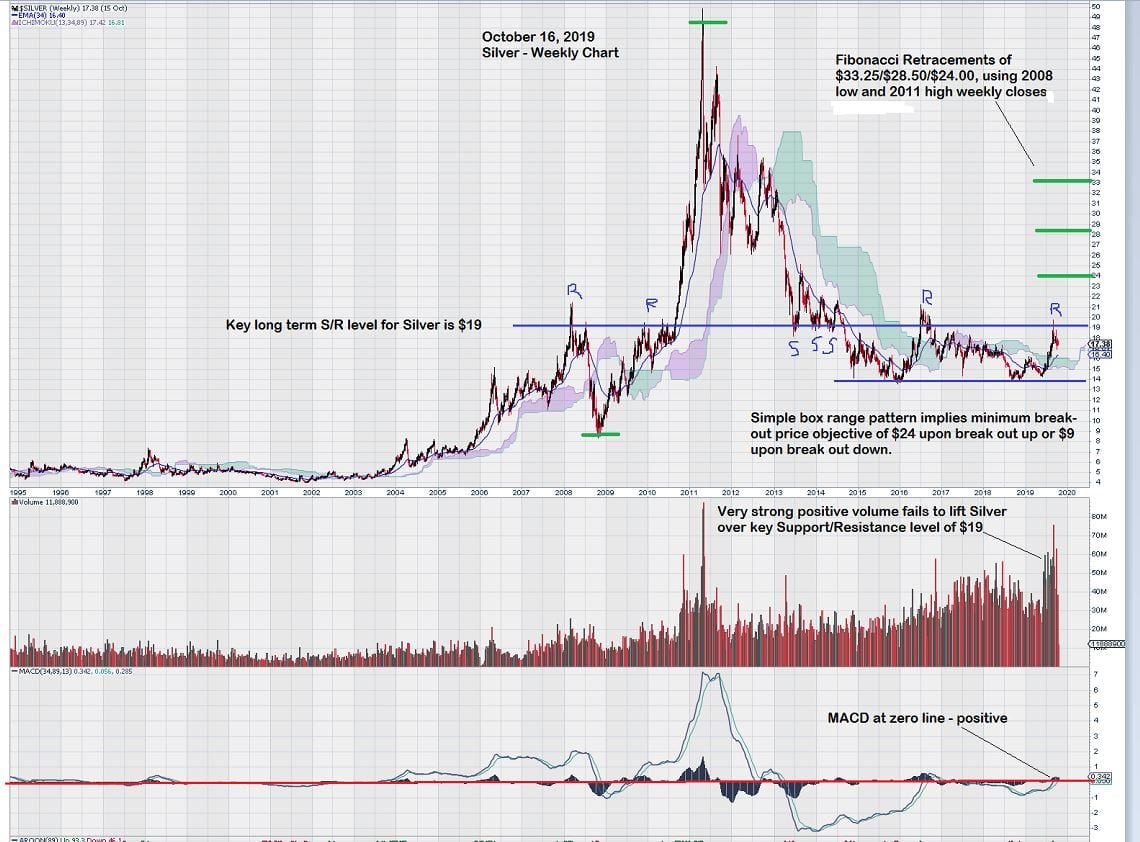Inspired by New Brunswick Beer Drinker, Canadian Senate Vows to Topple Interprovincial Trade Barriers
By Gary Symons, Equedia
Not a lot of people are talking about the Senate’s report on ending interprovincial trade barriers.
But if the Senate is successful, the ‘Tear Down the Walls’ initiative would change virtually every aspect of trade within the country.
And it all started with a retired steelworker who just wanted to enjoy the occasional cold beer.
For many decades, folks from New Brunswick would drive across the border into Quebec where beer and spirits are cheaper, load up the trunk with a few cases, and drive on home.
Gerard Comeau was one of those people … but he had no way of knowing his trip to a Quebec liquor store would turn him into an unlikely hero of the free trade movement within Canada.
It was Oct. 6, 2012 when Comeau drove from his home in Tracadie, New Brunswick to pick up some beer and a few bottles of spirits at a liquor store just across the border in Quebec.
On his way back, Mr. Comeau was pulled over at an RCMP road block. The Mounties searched his car, confiscated 14 cases of beer, two bottles of whiskey and a bottle of liqueur. He was one of four people detained and charged that day.

Now, Mr. Comeau likes his beer. What he does not like is watching a bunch of Mounties confiscating his booze and throwing it into the back of a police cruiser.
Nor was he much impressed with the $292 fine he received for illegally transporting booze from Quebec into New Brunswick. So, he decided to fight the charges.
The Province pointed to the New Brunswick Liquor Control Act. Mr. Comeau pointed to the Canadian Constitution, and kicked the stuffing out of them in court. Then he did it again at the Court of Appeal.
As Comeau and his lawyers pointed out, the Constitution of Canada guarantees the principle of free trade between all of the Canadian provinces. Section 121 states: “All articles of the growth, produce or manufacture of any of the provinces shall, and from and after the Union, be admitted free into each of the other provinces.”
“The way I look at it I’m a Canadian citizen,” said Comeau after his acquittal last year. “I don’t see any reason why I can’t go buy merchandise anywhere in this country and bring it home.”
But despite constitutional victories in court by Comeau and more recently by the Steam Whistle Brewing Company, interprovincial trade barriers still loom over consumers and manufacturers. For example, you still can’t ship a bottle of wine directly to a customer in most Canadian provinces.
The Impact of Interprovincial Trade Barriers
The impact of interprovincial trade barriers impacts far more than just alcohol sales, of course.
In fact, the Senate of Canada’s recent report says these trade barriers cost the country billions of dollars per year in lost revenue and taxes, not to mention the lost opportunities faced by Canadian companies who can’t afford to operate in more than one province.
The Senate Committee on Banking Trade and Commerce says these barriers put a hit on Canada’s Gross Domestic Product of between $50 billion to $130 billion … although most independent studies put the number at between $3 billion and $14 billion. Still, as Gerry Comeau might point out, that would still buy a lot of beer!
Tear Down the Walls: Not Just Liquor
The Senate committee who penned the Tear Down the Walls report wants to do much more than just allow Canadians to carry liquor across the provincial border; it also wants to make wholesale changes to how the provinces regulate industry.
Certainly, one of the biggest and more controversial changes would be to the liquor industry. Provinces currently earn huge revenues by imposing on liquor products what they call ‘markups’, and what everyone else calls ‘taxes’.
In BC, for example, a local winery selling ‘BC VQA wines’ pays much less in taxes than would a company selling a wine from outside the province. For wines imported into BC the markup per bottle is about 55 per cent, giving the local guys a huge advantage.
But measures like that permeate every layer of Canadian society and industry due to a lack of common standards, taxes and regulations.
If you think it’s tough getting beer and wine across the border, try gasoline. Each province has its own gasoline blending requirements.
Or, try the trucks that carry the fuel. BC allows certain types of trucks to only drive at night, but those same trucks in Alberta can only drive during the day. Some types of fuel efficient truck tires can’t be used in certain provinces, so truckers have to swap them out before crossing the border.
While pouring cream in your coffee, consider that some provinces mandate different sizes of milk containers and dairy creamers, so companies end up having to duplicate their production facilities at massive cost.
Even maple syrup, the most Canadian of all foods, has different standards in different provinces, so you can’t sell the same syrup in the same bottle in different provinces.
Talk about a sticky situation!

Calling for New Agreement on Internal Trade
The committee is calling on Parliament to enact a new Agreement on Internal Trade that is based on the principle of free trade, as described in Section 121 of the Constitution; the same section Mr. Comeau used to get his beer back from the cops. The committee wants that agreement finalized by this summer, which is about as likely as the Maple Leafs winning the Stanley Cup this year.
However, powerful forces are lining up to push these changes through, and if successful, they would ripple throughout the economy.
Among the recommendations:
A new agreement on internal trade;
Negotiations to tear down any law, regulation or tax that restricts the free flow of people, goods, investments or services across Canada.
Standardizing educational credentials and professional certifications so dentists, doctors, lawyers, engineers and other highly trained professionals can easily work in any province.
Standardize securities regulations across the country, so investors and companies in Ontario, for example, operate under the same rules as every other province.
Create a ‘national corridor’ for the transportation of goods and services, which would include pipelines, railways, fibre optic cables, transmission lines and highways, all of which operate under the same rules and regulations in every province.
So, all of that sounds just great if you’re squarely on the side of free trade at any cost … but the changes do come at a cost.
The truth is, while many provincial laws surely contravene the Canadian Constitution, the simple fact is that those provinces will fight like rabid dogs to preserve some of those trade barriers.
For example, the wine industry in BC has flourished due to the policy charging higher markups for non-BC wines. Expecting the province to give that up without a fight is flat-out unrealistic.
Also in BC, the province made it clear Victoria will make the rules about pipelines that cross its land on the way to the Pacific Ocean … and picking a fight with every province in Canada may not be high on Prime Minister Trudeau’s agenda.
So, while the feds may want to ‘Tear Down the Walls’, the reality is they will face opposition in most if not every province on some level or another and true free trade across Canada is likely many years away, if it happens at all.













It sounds Very fair to tear down the barriers and allow interprovincial free trade, but it’s not that simple.
Where it applies to people, i.e. Tradespeople, doctors and labour, freedom should surely be part of a constitutional right, when qualified people meet national and provincial skill standards. But goods, often dangerous goods, drugs or foods need to be reviewed for more that just costs.
Each province has something to protect that is unique to their economy, environment or heritage.
BC’s coastline, fisheries and indigenous lands come to mind. Alberta beef, oil and Tourism… etc
Trade issues between provinces may need be a provincial not federal responsibility. With the constitutional rights of people being the only federal oversight.
It’s nice to be able to bring beer across the provincial border, but quite another to ship guns, gas, oil, meat and produce.
I just don’t trust other provinces, or national media.
Regards,
John Stark